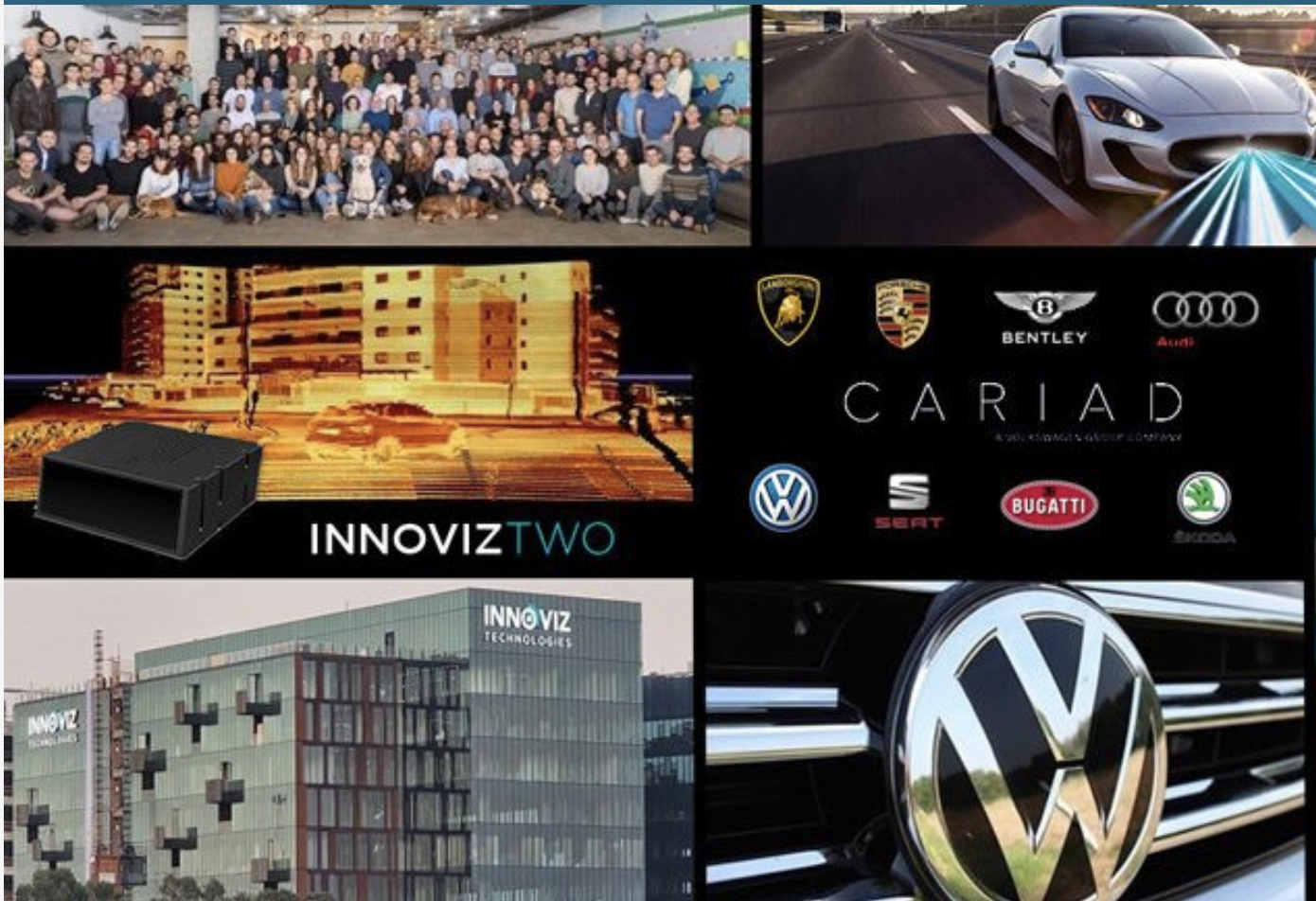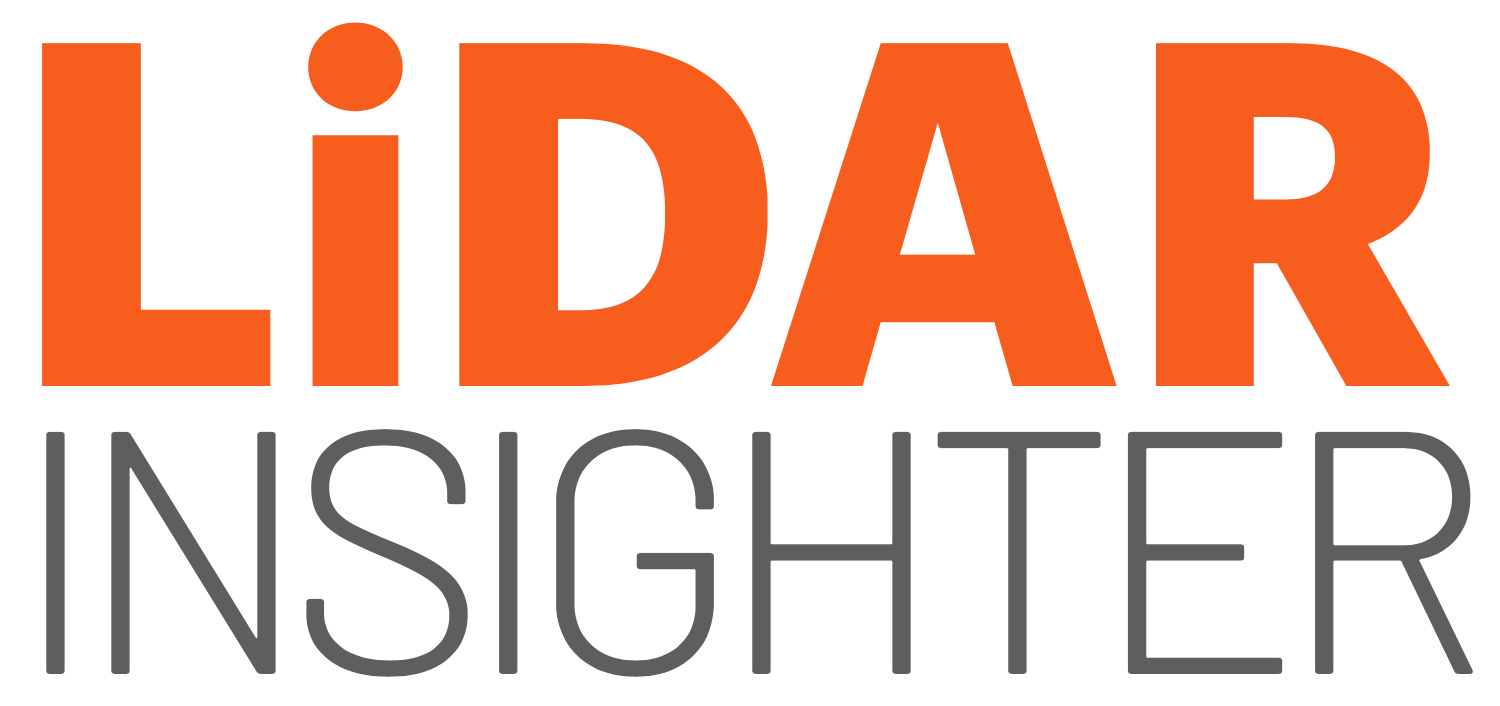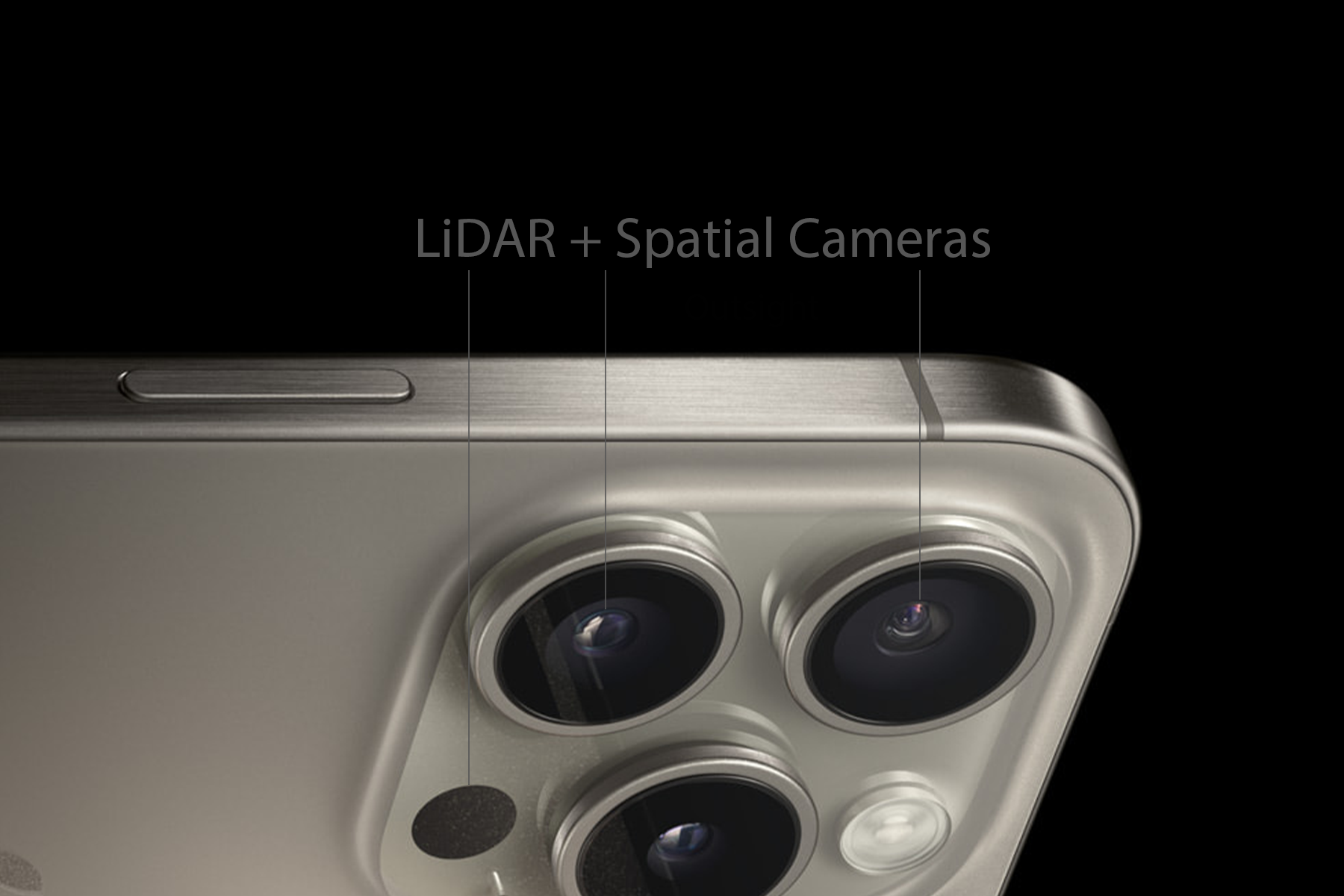
VW's CARIAD has been confirmed as a customer for InnovizTwo Lidar
During its first-quarter earnings call in May 2022, Israeli lidar firm Innoviz revealed one of the biggest automotive production design wins to date, a $4 billion order for its next-generation sensors.
Given the scale of the purchase, which might amount to around 8 million sensors if Innoviz meets its $500 price goal for the InnovizTwo, and the admission that systems based on the sensor will be used across several brands, Volkswagen Group was one of the few viable customers.
Innoviz is becoming a Tier one automotive supplier as part of its agreement with CARIAD. This implies that it will sell sensors straight to the VW subsidiary.
STAY ON TOP OF THE NEWS
Join the free newsletter to receive the latest updates in your inbox.
Innoviz is currently a Tier 2 supplier of Magna, which manufactures the InnovizOne sensor and integrates it with other driver assist components for its other automotive client, BMW.
Innoviz will use contract manufacturers to build different components, which it would then combine and distribute.
The InnovizTwo sensor uses the same technology as BMW's InnovizOne sensor, but it has been more finely tuned for cheaper cost and higher performance.
It just has one laser instead of four.
The application-specific integrated circuit (ASIC) that controls the sensor has been reused, but the MEMS beam steering mechanism and photodetector have been redesigned.
LiDAR INSIGHTER Newsletter
Join the newsletter to receive the latest updates in your inbox.





